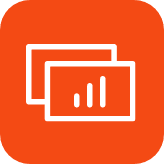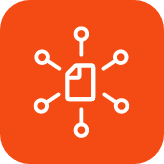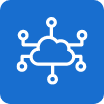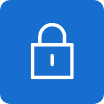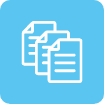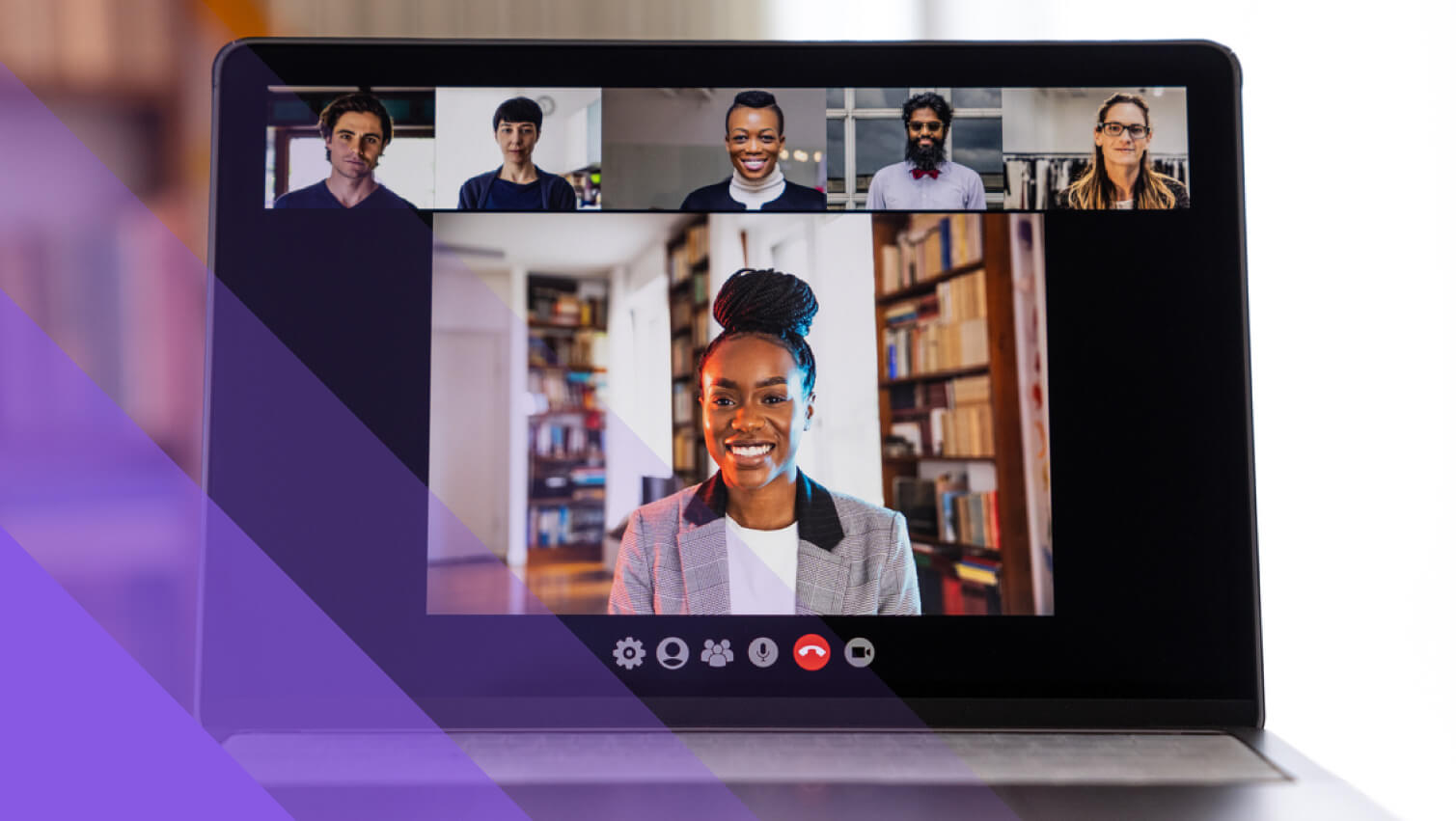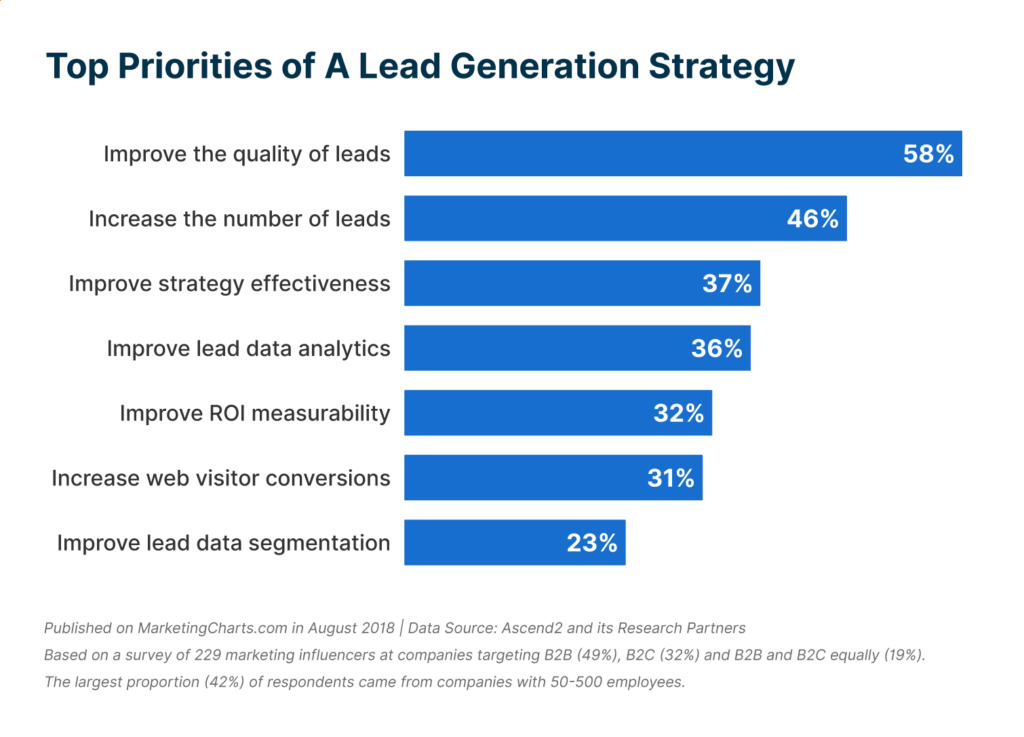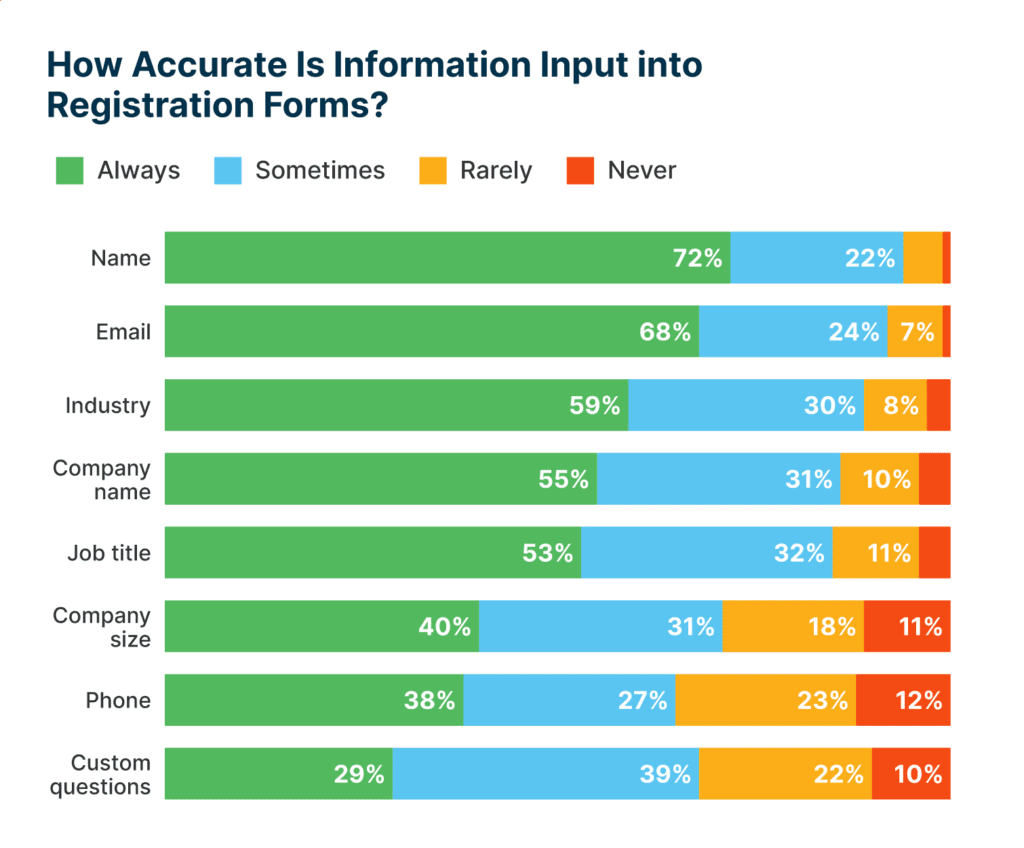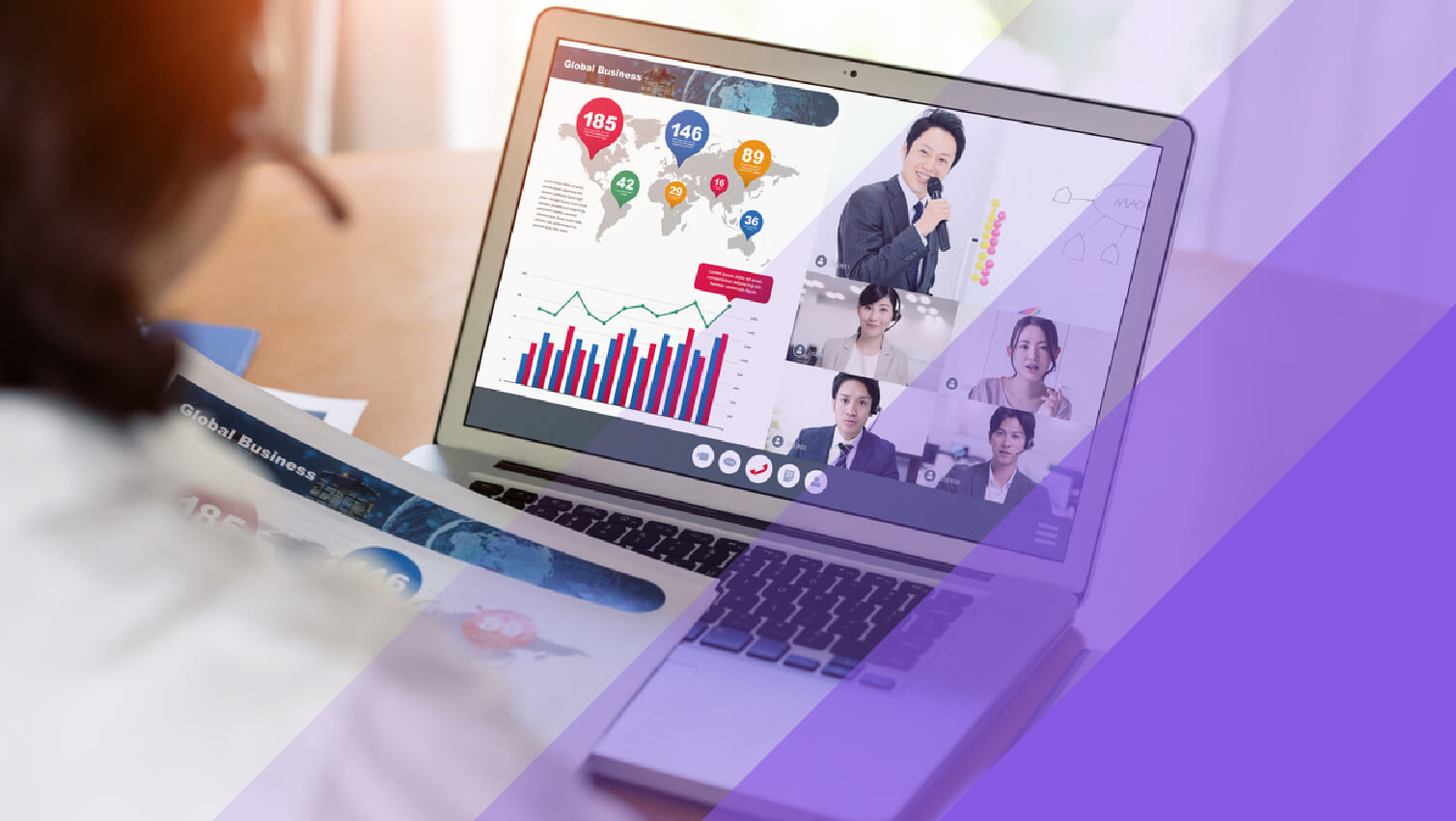Webinars are now one of the top ways growing tech companies generate new leads and drive business growth. More and more B2B buyers want to attend online events to learn about potential vendors, and innovative new formats like multi-vendor webinars offer opportunities for companies to access hundreds or even thousands of leads from a single event.
The potential for webinar lead generation as a leading marketing strategy is huge. But as every seasoned marketer knows—not all leads are created equal.
As the volume of leads companies generate grows and automation makes lead management more scalable, companies need an effective way to prioritize the right leads—the ones with the highest potential to convert.
Enter: Webinar lead qualification and scoring.
Webinar lead qualification and scoring systems enable companies to evaluate leads by assigning them a value based on specific criteria—things like organizational traits (i.e. how well it fits with an ideal customer profile), individual buyer behaviors, and readiness to purchase.
In this article, we’ll cover more about why lead qualification and scoring are so essential, plus seven ways to do it right.
Quick Takeaways
- Strong webinar lead qualification requires leveling up baseline standards for what actually qualifies as a lead
- Asking intentional, strategic questions before, during, and after the event allows you to collect attendee data that informs lead qualification and scoring
- In-event engagement can be a helpful measure of interest level and purchase intent
- It’s critical to document your tactics and strategies, and share them with your entire marketing and sales team
- Automate whenever possible with your CRM system and other sales management platforms for faster, more data-informed insights on your leads
Why Is Webinar Lead Scoring Important?
Chasing poor leads can cost you serious time and money. Industry research has found that 60% of sales reps report wasting time on low-quality leads that won’t convert, and some estimates say it can cost your company upwards of $200,000! That’s serious money that could be funneled to strategic growth initiatives rather than dead-end sales outreach.
Further, 58% of B2B marketers today say improving lead quality is a top priority—ranked above things like increasing the number of leads and improving ROI.
With an effective lead scoring and qualification system in place, companies not only know which leads belong in their pipeline in the first place, but which ones are worth pursuing first and with your A-team strategy.
Let’s look at seven ways to level up your lead scoring game to improve the health of your pipeline and win more new business.
How To Qualify Webinar Leads in 7 Easy Steps
Set the Right Baseline
Learning how to qualify webinar leads and score them accurately requires a shift in thinking for many seasoned marketers, especially in tech where more seems to always be more. Yes, it’s still important to generate leads at volume, but not at the expense of their quality.
When it comes to webinar lead scoring, marketers must be willing to elevate their baseline—the minimum status quo criteria to be a lead—and then adjust their tactics accordingly.
For example: Registrants are not automatic leads. People register for events for many reasons, and while that might make them a marketing tactic, actually showing up for a webinar is what shows they have real interest in what you have to offer.
Further, registrants don’t always tell the full truth—shocking, we know! A quarter of them (27%) may not even tell you their real name all the time. Relying on a single registration form as a lead qualification criteria is likely inflating the number of leads in your pipeline but negatively impacting their quality.
To be scored as a new qualified lead, potential buyers should be required to show real interest beyond just an initial registration form. Pursuing every prospect who fills out a single form is not only a guessing game but can lead to the problem of wasted time and money that lead scoring can help you avoid.
Be willing to set higher standards for your webinar lead gen strategy so you can pursue new leads in your pipeline with greater confidence.
Determine Your Criteria
Once you have your baseline set, ask: What kind of criteria describes the best kind of leads for your business? In this case, you’ll want to think about it specifically as it relates to webinars.
For example, is there a particular job title or industry your webinars help convert at a higher rate? Is there a certain in-event action (like asking a question or participating in polls) that you have found makes an attendee more likely to convert?
There will also be standard traits to consider (i.e. those that demonstrate a prospect is best-fit with your ICP).
In any case—know what your criteria is for scoring leads, determine the value you’ll assign to each criterion, standardize your system, and share it with your team.
Ask the Right Questions Pre-event
The ability to score any lead, of course, comes down to your ability to collect and analyze prospect data. While we may stand strong on the position that registrants are not automatic leads, you can ask them questions to help sort their potential pre-event.
Think about following up with registrants as the event gets closer to ask them questions that will indicate their true level of interest and readiness to purchase. You can also ask registrants to submit their own questions for panelists.
Then you can follow up with both those who attend and those who don’t with the correct level of follow-up based on their scores in these areas.
Measure In-event Engagement
The same thinking applies to in-event engagement. Think about ways to make your tech webinar an interactive event where attendees play a role. Not only does interactivity make webinars more interesting to those who attend, it also gives you a chance to collect data for scoring leads later.
Some ideas for doing this include:
- Asking poll questions throughout the event to gauge knowledge and interest
- Maintaining an active chat (usually you can download and review the chat later)
- Leaving time for a Q&A session
- Holding small-group breakout sessions during the event for more personal discussion (this can work when there are multiple presenters, or when attendee groups can discuss a topic or do an exercise on their own)
Offer a Follow-up Action
Is there something specific you want your attendees to do after your webinar? If so, it could be the perfect chance to score leads based on post-event behavior. You can suggest your attendees do things like schedule a demo, start a free trial, sign up for your email list, or talk to a sales rep (and these are just a few ideas—this list isn’t exhaustive).
The point is to open up an additional opportunity for your webinar attendees to demonstrate their level of interest and purchase readiness so that you can prioritize and follow up with new leads based on that information.
Create Your Lead Qualification and Scoring System
All of these steps (and other tactics you use) should be standardized and made into a formal system used by your marketing and sales team. This goes beyond standardizing scoring criteria like we mentioned earlier.
Your standardized webinar lead qualification and scoring system should include:
- Fully fleshed-out ideal customer profiles and buyer personas
- Criteria for a marketing qualified lead (MQL) and sales qualified lead (SQL)
- Lead scoring criteria and values
- Actual process and workflow—who will do what, and when?
- Detailed sales process with follow-up steps for each level of qualified and scored leads
Your webinar lead qualification system will need to fit in with your larger lead management strategy. Be sure to document your strategy, share it with relevant individuals and teams, and keep everyone on the same page with reporting and performance measurement.
Automate When You Can
Last but not least—leverage the technology tools at your disposal to automate your webinar lead qualification process as much as possible. AI and analytics capabilities on CRM and other sales management platforms allow for automatic lead analysis and scoring that can quickly direct your marketing team and sales reps to the right prospects.
Level up Your Webinar Lead Gen Strategy with ActualTech Media
At ActualTech Media, our team of webinar experts excels at developing custom and multi-vendor hot topic webinar programs that connect your best tech content to the right niche audience, delivering your business new, high-quality leads at low CPLs.
Schedule an initial consultation with ActualTech Media today.

